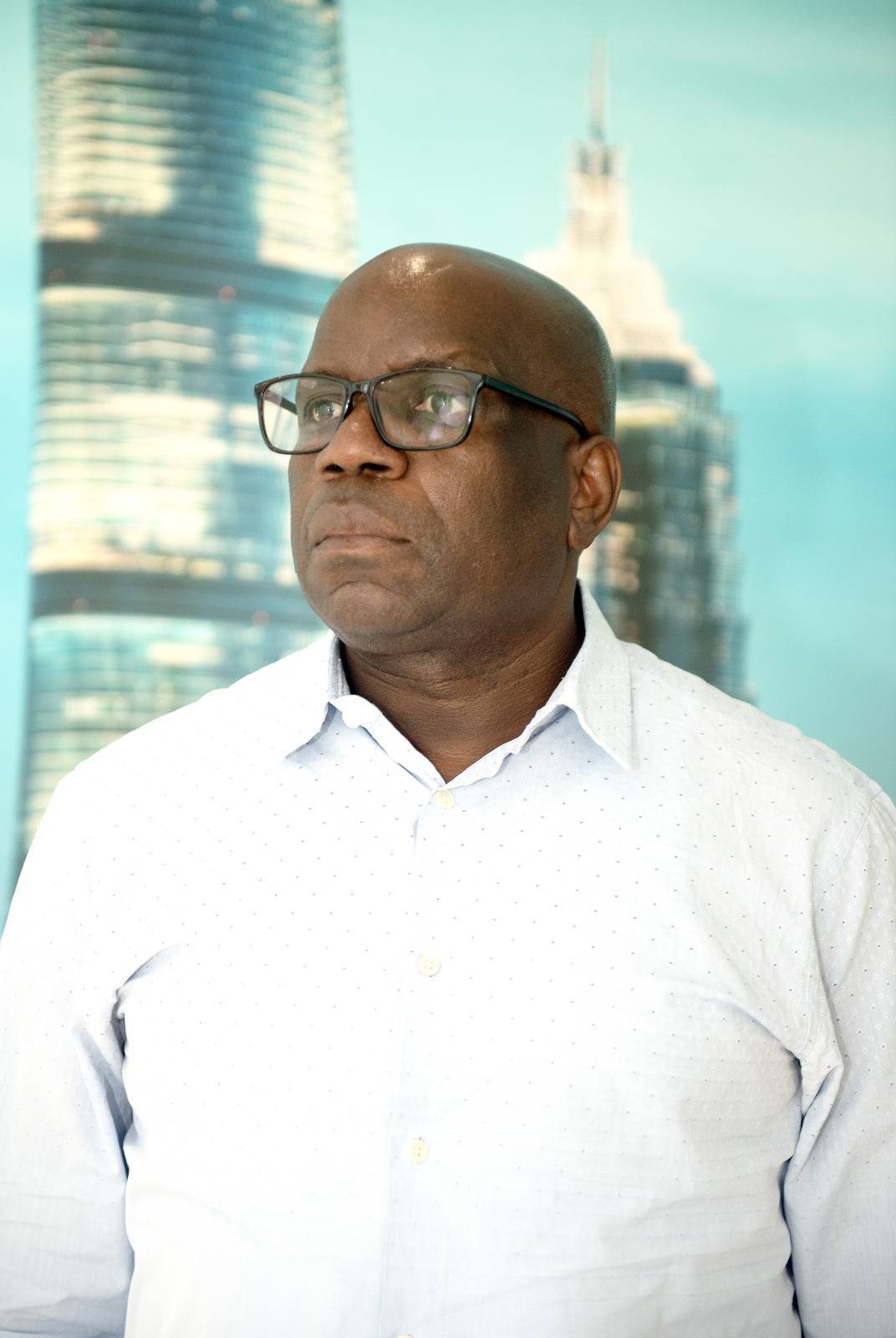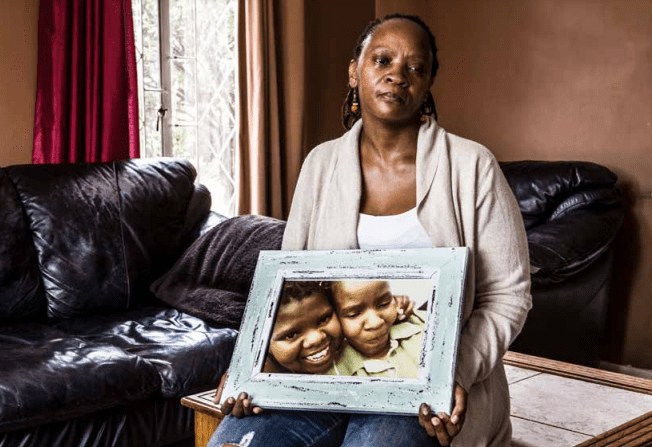No great leader fell from heaven
Big Business Ideas Stephene Chikozho Business organisations are complex at both institutional and individual levels. They are diverse entities and are seldom static. Organisational behaviour evolves over time. Under pressure, externally and internally, most companies operate in a constant state of flux — they adapt and change in unforeseen, unplanned and unpredictable ways. This is […]


Big Business Ideas
Stephene Chikozho
Business organisations are complex at both institutional and individual levels. They are diverse entities and are seldom static.
Organisational behaviour evolves over time. Under pressure, externally and internally, most companies operate in a constant state of flux — they adapt and change in unforeseen, unplanned and unpredictable ways. This is the environment that a business executive and entrepreneur in Africa is often confronted with.
Effective leadership requires God-like omniscience, but no great leader ever fell from heaven.
The myth of the natural leader
The notion that great leaders are born, not made, is a persistent myth.
While some individuals may possess natural charisma or certain traits that lend themselves to leadership, the reality is that effective leadership is cultivated through continuous learning and adaptation. This is particularly evident in Africa, where the business environment is marked by unique challenges and opportunities.
Take the story of Mr Strive Masiyiwa, the founder of Econet Wireless, for example.
Mr Masiyiwa did not emerge as a great leader overnight. Through perseverance, strategic thinking and a commitment to innovation, he built Econet Wireless into one of Africa’s leading telecommunications companies. His leadership was not a divine gift, but the result of relentless effort and learning.
The role of education and mentorship
Education and mentorship play crucial roles in developing effective leaders.
African business schools, such as the Lagos Business School and the University of Cape Town’s Graduate School of Business, are producing a new generation of leaders equipped with the knowledge and skills needed to navigate the complexities of the modern business world. Moreover, mentorship programmes are providing aspiring leaders with invaluable guidance and support.
Initiatives like the Tony Elumelu Foundation Entrepreneurship Programme are not only offering financial support, but also mentoring and training young African entrepreneurs. These programmes emphasise that leadership is a journey, one that requires continuous development and the willingness to learn from others.
Learning from failure
Failure is often the best teacher, and many of Africa’s most successful business leaders have experienced setbacks on their path to success. Mr Aliko Dangote, Africa’s richest man, faced numerous challenges in the early stages of his business career. From dealing with supply chain disruptions to navigating political instability, Mr Dangote’s journey was far from smooth.
However, his ability to learn from these failures and adapt his strategies was key to building the Dangote Group into a diversified conglomerate.
In the African context, where businesses often operate in volatile environments, the ability to learn from failure is particularly important. Leaders who can turn setbacks into learning opportunities are better equipped to drive their organisations forward.
The importance of vision and adaptability
A clear vision and the ability to adapt are essential qualities of effective leadership.
In Africa, where markets are rapidly changing and consumer needs are evolving, leaders must be able to anticipate trends and pivot their strategies accordingly. For instance, in the technology industry, leaders like Ms Rebecca Enonchong, founder of AppsTech, have demonstrated the importance of vision and adaptability.
Ms Enonchong’s ability to foresee the potential of technology in Africa and her willingness to adapt her business model to meet the changing demands of the market have been key to her success. Her leadership journey underscores that great leaders are not static; they are constantly evolving.
Building a culture of leadership development
To sustain growth and innovation, African businesses must prioritise leadership development at all levels of the organisation.
This involves creating a culture that encourages continuous learning, fosters open communication and provides opportunities for employees to take on leadership roles. The journey of building leadership in African business is a testament to the fact that no great leader fell from heaven.
Effective leadership is the result of continuous learning, resilience and adaptability.
Through investing in education, embracing mentorship, learning from failure and fostering a culture of leadership development, African businesses can cultivate leaders who are capable of navigating the complexities of the modern business landscape.
Stephene Chikozho is the chief executive officer of Africa Business Inc. He writes in his personal capacity. He can be contacted on WhatsApp: +263772409651 or email: ceo@bigbusiness.africa
What's Your Reaction?







































